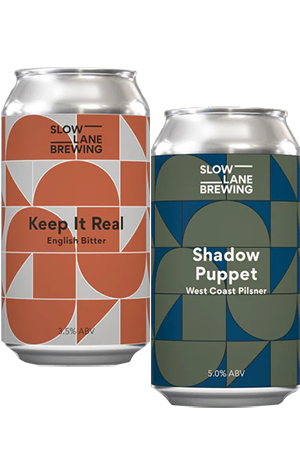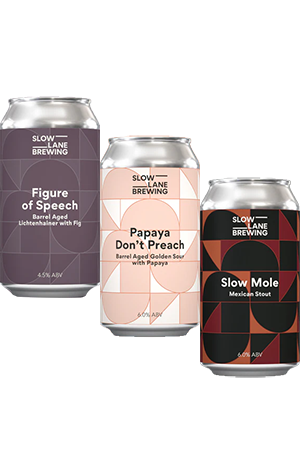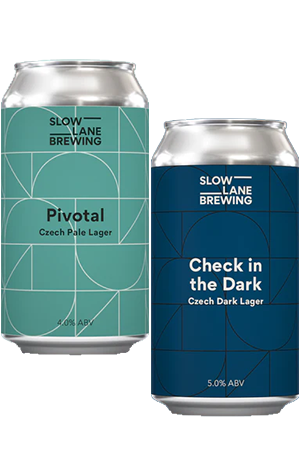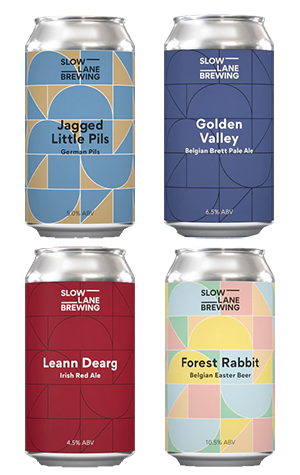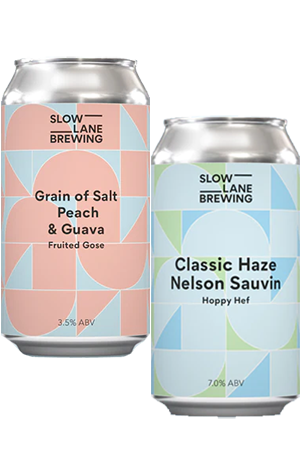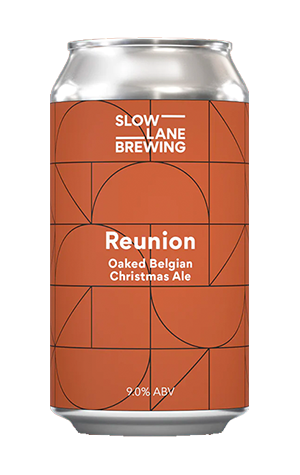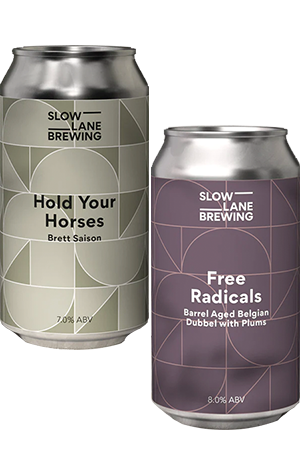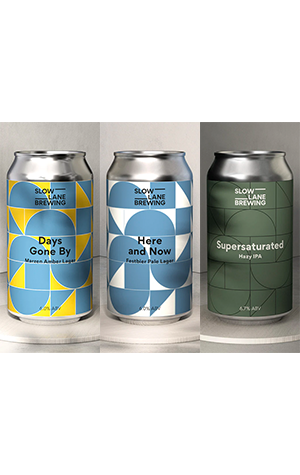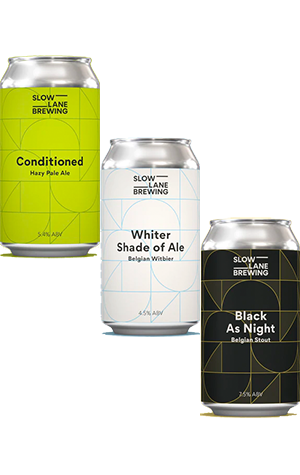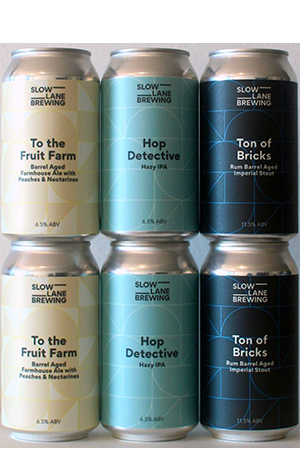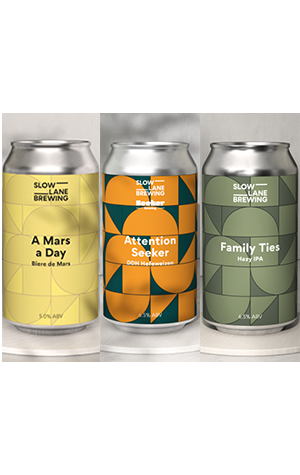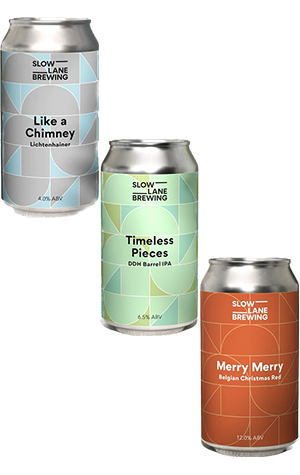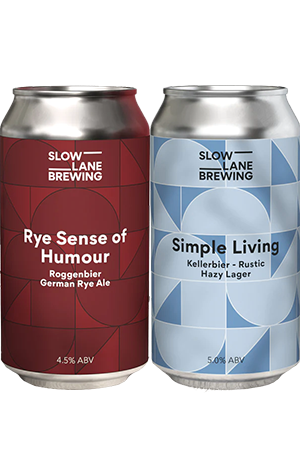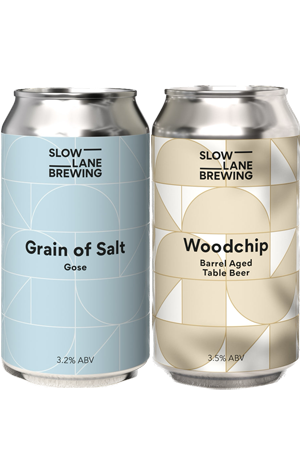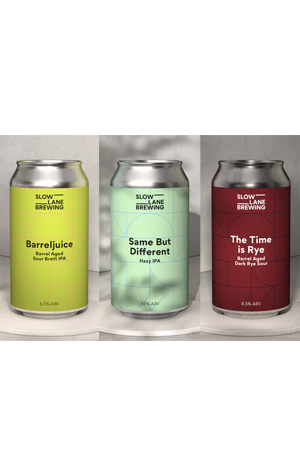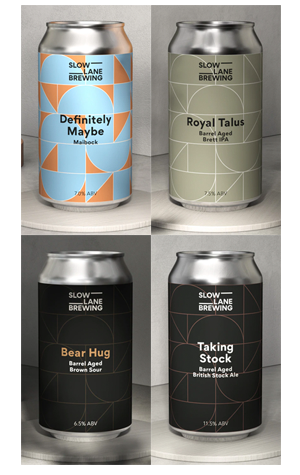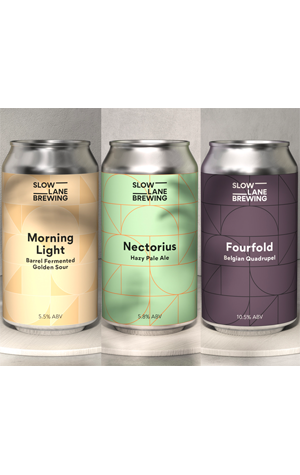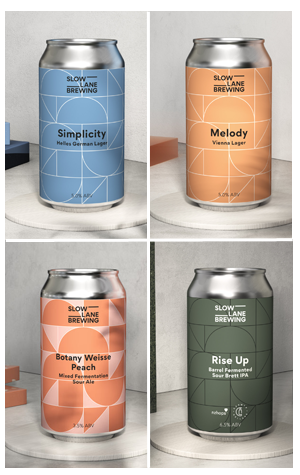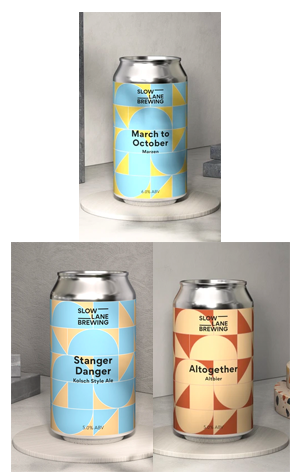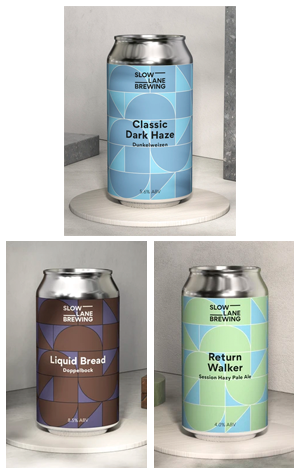Business as usual at Slow Lane this month. It’s nice they’re trying to keep up with what all the other hype brewers are doing but, honestly, if I had a dollar for every 16th century weissbier I’ve had recently I’d be rich enough to start my own brewery. I just wish Slow Lane would try something a bit different, you know?
Speaking of 16th century weissbiers, it’s a good a place as any to start with this quartet. There’s an enormous amount of cool history associated with Bavaria and brewing so I’ll try to keep this short. Very early weissbiers may not have contained any wheat at all and were simply pale beers probably influenced by what was happening in Bohemia. The Reinheitsgebot forbid the use of wheat in beer in 1516, but within 30 years Duke Albrecht V allowed the influential Degenberger dynasty the exclusive right to brew wheat beers. The people loved wheat beer and this made the Degenbergers very wealthy and tied them politically to the ruling Wittelsbacher family.
However, in the 17th century the Degenbergers run out of heirs (as you do) and the sole right to brew wheat beer reverted to the Wittelsbachers. The monopoly on wheat beer was so profitable, at one point it’s estimated that it made up a full third of the total income for the state! Anyway, that’s enough about that, let's talk beer.
Early weissbiers would have been stored in barrels to mature and therefore almost certainly have developed a Brettanomyces culture, so that’s exactly what Slow Lane have done for Regal Authority. A soured German wheat beer is pretty cool in itself, but what’s really noticeable here is the absence of the banana and clove phenolics one would come to expect. Obviously, it’s got something to do with either the introduction of Brett, or the barrel ferment, or a combination of the two. Here the aroma is primarily a bright, Bretty pineapple and vanilla oak. It’s got a juicy tartness too with a kind of salt cracker malt character that is extremely refreshing and devilishly easy to drink.
Next up is Awakening, a collaboration with the Hopsters Cooperative brewery, and it’s a classic Slow Lane mid-strength mixed ferment sour that’s been dry-hopped with Lotus. Lotus is a relatively new experimental hop released by Hopsteiner that has a reputation for a distinctive orange and vanilla combination. Pouring a very pale yellow, the Lotus shines even through the lactobacillus tang. The orange, vanilla and relatively mild tartness gives it a real sports drink vibe. The use of wheat malt gives the body just enough of a platform for the rest. Would be a perfect summertime post exercise treat.
Dark milds have had a mini renaissance in the UK and the US over the last few years. Once the most popular style of beer in the UK, since the 1960s the malty, low ABV style fell out of fashion but has started popping up on taps in breweries throughout the UK [Where I even picked up counterintuitive double and triple milds on a visit in April – Editor] and predominantly in the Pacific north west of the US. I’ve been waiting for it to finally hit in Australia but the trend hasn’t seem to have hit at all down here.
To Put It Mildly is, first and foremost, a very lovely beer to drink. With a very low carbonation and gentle malt sweetness, it’s precisely the kind of beer I’d love to always have available to me in a pint glass, at all times. Smelling of caramel, chocolate and East Kent Goldings and tasting like a less sweet Caramello Koala, Slow Lane have packed so much body into a 3.5 percent ABV beer. Might just email every brewery in the country with the subject line: BREW A DARK MILD YOU COWARDS.
And we finish off June's new releases with the dark mild’s much bigger brother, an English old ale. The English, always with the most imaginative beer names, developed old ales soon after adopting the use of hops from mainland Europe at the end of the 15th century. Without the preservative effects of hop compounds, English beers before this time would have to be drunk very fresh as they would become soured or infected very quickly. English brewers, predominantly in the Burton-upon-Trent region, developed a vat-ageing process with very high gravity beers that were very heavily hopped and sweet. They required aeging to be at all palatable and, thus, this is the beginnings of the old ale.
Not Too Heys is a 9.5 percent ABV old ale that was aged in oak barrels with Brettanomyces to simulate the conditions experienced by a traditional old ale. This is not, in any way, similar to Toohey’s Old. She pours a deep mahogany brown with notes of brown sugared porridge, caramel and the slightest hint of funk. It’s sharper than I expected, with sherry, roasted malt, plum and dusty barrel characters throughout. A good sipper for winter and likely even better with a bit more ageing.
Judd Owen
Published June 17, 2022 2022-06-17 00:00:00









